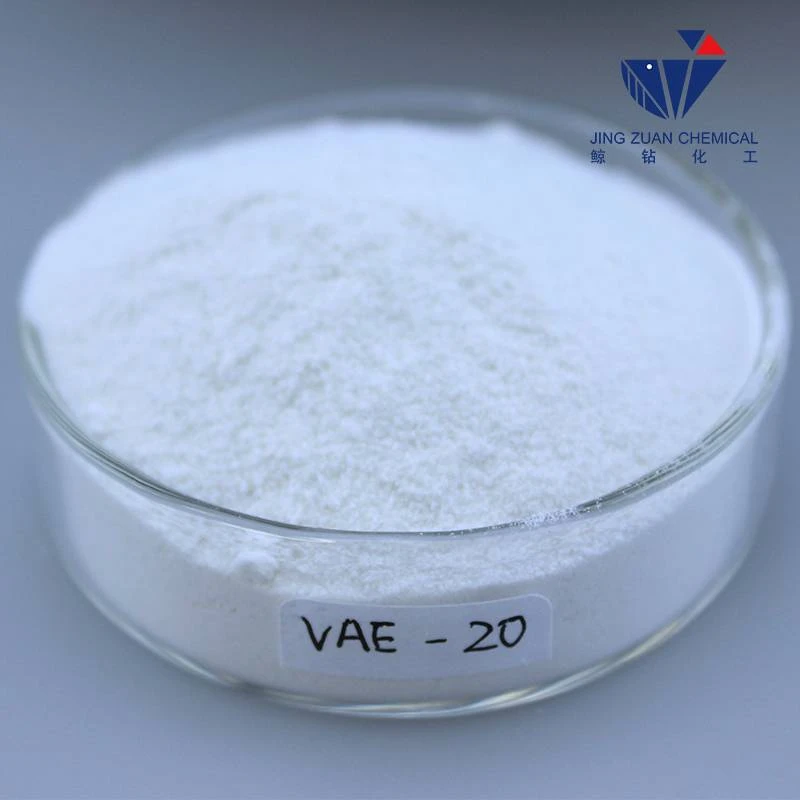
Οκτ . 06, 2024 08:51 Back to list
hydroxyethylcellulose uses
The Versatile Uses of Hydroxyethylcellulose
Hydroxyethylcellulose (HEC) is a non-ionic, water-soluble polymer derived from cellulose, the most abundant organic polymer on Earth. Its unique properties make it an essential ingredient in a variety of industries, including pharmaceuticals, cosmetics, food, and construction. This article explores the myriad uses of hydroxyethylcellulose, highlighting its contributions to various applications and its importance as a multifunctional additive.
Pharmaceutical Applications
In the pharmaceutical industry, hydroxyethylcellulose is primarily used as a thickening and stabilizing agent in various formulations. Its ability to increase viscosity is particularly valuable in oral, topical, and injectable drug formulations. In gels and ointments, HEC helps to improve the texture and consistency, enhancing the product's application and absorption. Additionally, hydroxyethylcellulose functions as a controlled-release agent in tablet formulations, allowing for a gradual release of active ingredients, thereby improving therapeutic effectiveness.
Moreover, HEC is also utilized in pharmaceutical coatings. The polymer serves as an effective film-forming agent, providing a protective barrier for tablets and capsules. This barrier protects the active ingredients from environmental factors, such as moisture and air, which can degrade drug quality. The use of HEC coatings not only enhances the stability of medications but also facilitates patient compliance by masking unpleasant tastes.
Cosmetic and Personal Care Products
Hydroxyethylcellulose is widely used in the cosmetics and personal care industry due to its excellent thickening, gelling, and stabilizing properties. It is commonly found in products such as shampoos, conditioners, lotions, creams, and gels. By improving the viscosity of these formulations, HEC contributes to a more pleasing application experience, ensuring that products spread evenly on the skin or hair.
In skincare formulations, hydroxyethylcellulose is particularly valued for its ability to enhance moisture retention. It forms a protective film on the skin, helping to prevent moisture loss and keeping skin hydrated. This makes it a popular ingredient in moisturizers and hydrating serums. Additionally, HEC is known for its compatibility with other ingredients, making it an excellent choice for formulating products that contain various active compounds.
hydroxyethylcellulose uses

Food Industry Applications
The food industry also benefits from the unique properties of hydroxyethylcellulose. It is often used as a food additive to improve texture and consistency. In products such as sauces, dressings, and ice creams, HEC acts as a thickener and stabilizer, ensuring a smooth and uniform texture. It helps to prevent separation and sedimentation, which can adversely affect product quality.
Moreover, HEC is low in calories and can provide a desirable mouthfeel in fat-reduced or low-calorie food products. This makes it a valuable ingredient for manufacturers aiming to create healthier options without compromising on taste and texture. Its ability to retain water also contributes to longer shelf life, making it a practical choice for food preservation.
Construction and Other Industrial Uses
Beyond food and cosmetics, hydroxyethylcellulose finds applications in the construction industry as well. It is commonly used as a thickening agent in cement-based products, such as tile adhesives and grouts. HEC improves the workability and consistency of these materials, enhancing adhesion and preventing sagging during application.
In addition, hydroxyethylcellulose can be found in paints and coatings, where it helps to enhance the viscosity and stability of the formulation. This not only improves application properties but also contributes to the overall durability of the paint.
Conclusion
Hydroxyethylcellulose stands out as a versatile and multifunctional polymer with a wide range of applications across various industries. Its role as a thickener, stabilizer, and film-forming agent significantly enhances the quality and performance of numerous products, from pharmaceuticals to personal care items and food products. As research continues, the potential uses of hydroxyethylcellulose may expand further, solidifying its position as a valuable ingredient in modern formulations. With its excellent safety profile and effectiveness, HEC remains a key player in the development of innovative solutions across different sectors.
-
The Widespread Application of Redispersible Powder in Construction and Building Materials
NewsMay.16,2025
-
The Widespread Application of Hpmc in the Detergent Industry
NewsMay.16,2025
-
The Main Applications of Hydroxyethyl Cellulose in Paints and Coatings
NewsMay.16,2025
-
Mortar Bonding Agent: the Key to Enhancing the Adhesion Between New and Old Mortar Layers and Between Mortar and Different Substrates
NewsMay.16,2025
-
HPMC: Application as a thickener and excipient
NewsMay.16,2025
-
Hec Cellulose Cellulose: Multi functional dispersants and high-efficiency thickeners
NewsMay.16,2025







